Description
Buy ALDOMET 250MG TABLET at Rose Pharmacy Medicine Delivery
Description :
Each tablet contains 250 mg of methyldopa.
Indications / Uses :
Hypertension (mild, moderate or severe).
Administration :
May be taken with or without food.
Contraindications :
Hypersensitivity (including hepatic disorders associated with previous methyldopa therapy) to any of the excipients of Aldomet (see Precautions).
Patients with active hepatic disease eg, acute hepatitis and active cirrhosis; on therapy with monoamine oxidase (MAO) inhibitors.
Special Precautions :
Acquired hemolytic anemia has occurred rarely in association with methyldopa therapy. Should clinical symptoms indicate the possibility of anemia, hemoglobin and/or hematocrit determinations should be performed. If anemia is present, appropriate laboratory studies should be done to determine if hemolysis is present. Evidence of hemolytic anemia is an indication for discontinuation of the drug. Discontinuation of methyldopa alone, or the initiation of adrenocortical steroids, usually results in a prompt remission of anemia. Rarely, however, fatalities have occurred.
Some patients on continued therapy with methyldopa develop a positive direct Coombs’ test. The incidence of positive Coombs’ test as reported by different investigators has averaged between 10% and 20%. A positive Coombs’ test rarely occurs in the first 6 months of therapy with methyldopa, and if not encountered within 12 months, is unlikely to develop with continued administration. This phenomenon is also dose-related with the lowest incidence occurring in patients receiving =1 g of methyldopa/day. Reversal of the positive Coombs’ test occurs within weeks to months after discontinuation of the drug.
Should the need for transfusion arise, prior knowledge of a positive Coombs’ reaction will aid in evaluation of the crossmatch. Patients with a positive Coombs’ test at the time of crossmatch may exhibit an incompatible minor crossmatch. When this occurs, an indirect Coombs’ test should be performed. If negative, transfusion with such blood which is otherwise compatible in the major crossmatch may be carried out. However, if positive, the advisability of transfusion with blood compatible in the major crossmatch should be determined by a hematologist or expert in transfusion problems.
Rarely, a reversible reduction of the white blood cell count with a primary effect on the granulocytes has been seen. The granulocyte count returned promptly to normal on discontinuance of the drug. Reversible thrombocytopenia has occurred rarely.
Occasionally, fever has occurred within the first 3 weeks of administration of methyldopa. In some cases, this fever has been associated with eosinophilia or abnormalities in one or more liver function tests. Jaundice, with or without fever, may occur also, with onset usually within the first 2 or 3 months of therapy. In some patients, the findings are consistent with those of cholestasis.
Rare cases of fatal hepatic necrosis have been reported. Liver biopsy performed in several patients with liver dysfunction showed a microscopic focal necrosis compatible with drug hypersensitivity. A determination of hepatic function and a white cell and differential blood count should be done at intervals during the first 6-12 weeks of therapy, or whenever an unexplained fever may occur. If fever, abnormalities in liver function tests or jaundice appear, therapy with methyldopa should be stopped. If related to methyldopa, the temperature and abnormalities in liver function characteristically have reverted to normal when the drug was discontinued. Methyldopa should not be reinstituted in such patients. Methyldopa should be used with caution in patients with a history of previous liver disease or dysfunction.
Patients may require reduced doses of anesthetics when on therapy with Aldomet. If hypotension does occur during anesthesia, it usually can be controlled by vasopressors. The adrenergic receptors remain sensitive during treatment with methyldopa.
Dialysis removes methyldopa; therefore, hypertension may recur after this procedure.
Interference with Laboratory Tests: Methyldopa may interfere with the measurement of urinary uric acid by the phosphotungstate method, serum creatinine by the alkaline picrate method and serum glutamic oxaloacetic transaminase (SGOT) by the colorimetric method. Interference with spectrophotometric methods for SGOT analysis has not been reported.
Since methyldopa will cause fluorescence in urine samples at the same wavelengths as catecholamines, spuriously high concentrations of urinary catecholamines may be reported. This will interfere with the diagnosis of pheochromocytoma.
It is important to recognize this phenomenon before a patient with a possible pheochromocytoma is subjected to surgery. Methyldopa does not interfere with measurement of vanillylmandelic acid (VMA) by those methods which convert VMA to vanillin. Methyldopa is not recommended for the treatment of patients with pheochromocytoma.
Rarely, when urine is exposed to air after voiding, it may darken because of breakdown of methyldopa or its metabolites.
Use in pregnancy: Aldomet has been used under close medical and obstetric supervision for the treatment of hypertension during pregnancy. There was no clinical evidence that Aldomet caused fetal abnormalities or affected the neonate.
Published reports of the use of methyldopa during all trimesters indicate that if this drug is used during pregnancy, the possibility of fetal harm appears remote. In clinical studies, treatment with Aldomet has been associated with an improved fetal outcome. The majority of the women in these studies were in the 3rd trimester when methyldopa therapy was begun.
Methyldopa does cross the placental barrier and appears in cord blood.
Although no obvious teratogenic effects have been reported, the possibility of fetal injury cannot be excluded, and the use of the drug in women who are or may become pregnant requires that anticipated benefits be weighed against possible risks.
Use in lactation: Methyldopa appears in breast milk. Therefore, caution should be exercised if Aldomet is given to a breastfeeding mother.


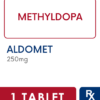


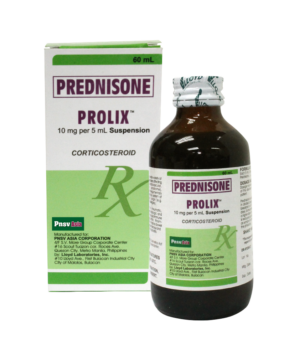
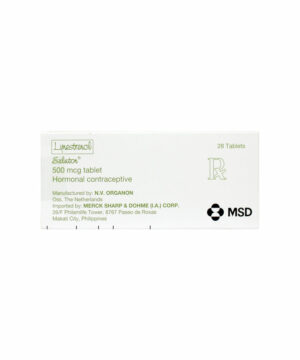
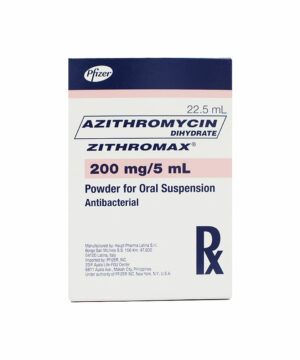
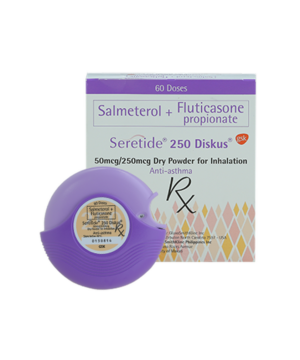
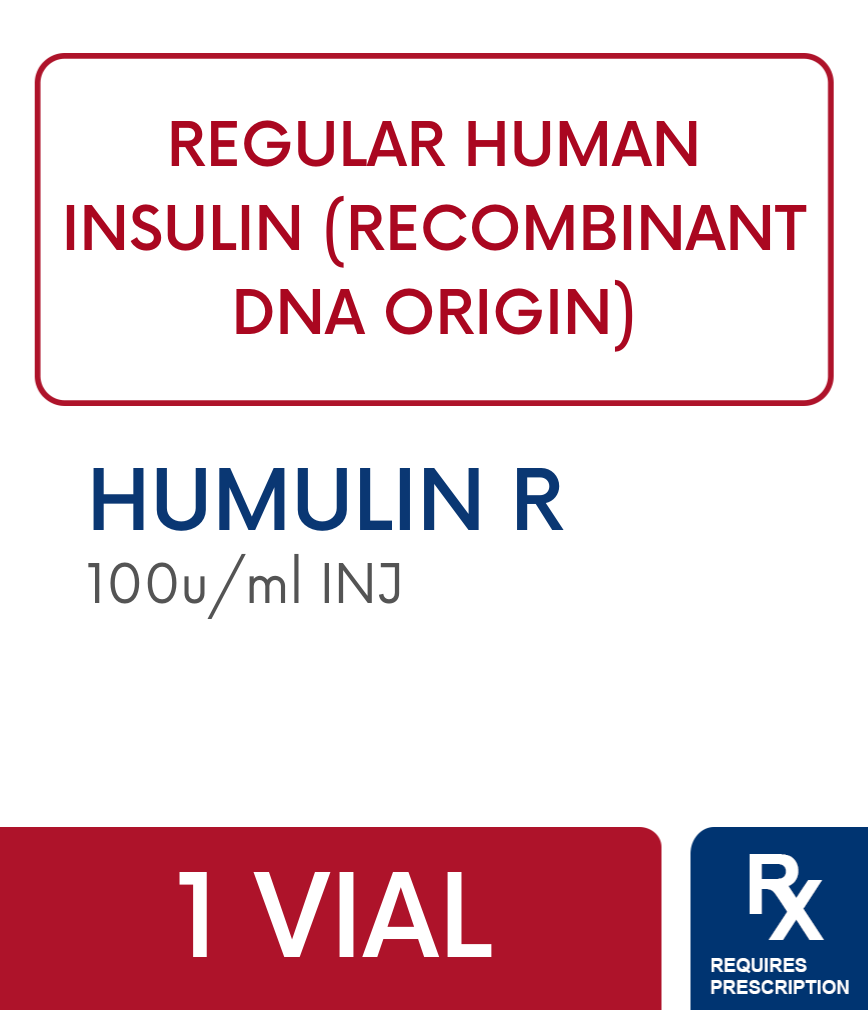
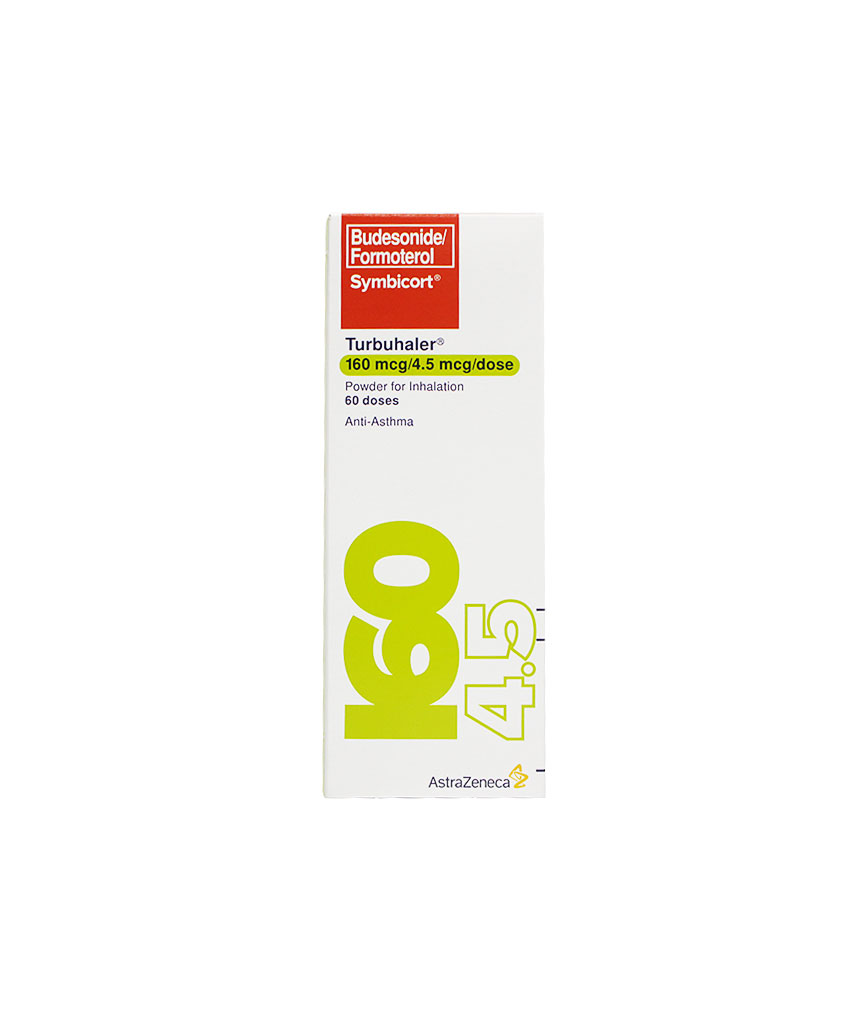



Reviews
There are no reviews yet.